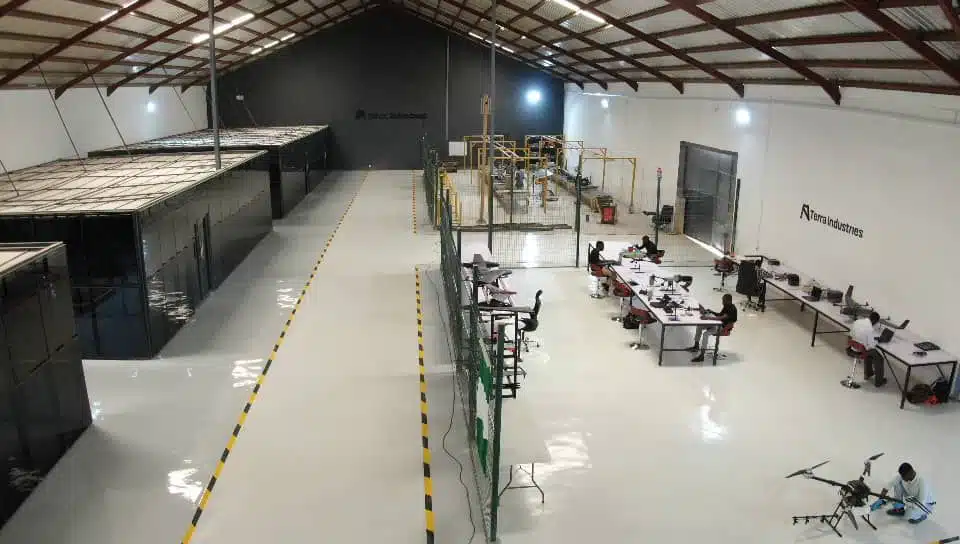The news
- Federal High Court dismisses MultiChoice’s suit against the Federal Competition and Consumer Protection Commission (FCCPC) over price hike intervention.
- Court rules FCCPC lacks authority to fix or suspend prices without a presidential delegation.
- Justice Omotosho states the FCCPC’s actions breached MultiChoice’s right to a fair hearing.
- The ruling emphasises Nigeria’s free market system and warns against regulatory overreach.
A Federal High Court in Abuja has dismissed MultiChoice Nigeria’s lawsuit challenging the intervention of the Federal Competition and Consumer Protection Commission (FCCPC) in its recent subscription price hike. Justice James Omotosho ruled that the suit constituted an abuse of court process, as similar proceedings were already pending elsewhere.
The court found that while the FCCPC has investigative powers under its establishing Act, it lacks the authority to fix or suspend prices unless specifically delegated by the President through a gazetted instrument. No such delegation was presented to the court.
Justice Omotosho noted that Nigeria operates a free market system, and service providers like MultiChoice retain the right to set their prices, with consumers free to accept or reject them. He further ruled that the FCCPC’s actions, including directing MultiChoice to suspend its price increase, breached the company’s right to a fair hearing and appeared selectively targeted.
The judge dismissed the FCCPC’s claim that MultiChoice held a dominant market position, calling the argument untenable. He emphasised that attempts by regulatory bodies to fix prices could scare off investors and harm the nation’s economy.
The FCCPC had directed MultiChoice to maintain its existing pricing structure pending the conclusion of an investigation into the proposed hike. Despite this, MultiChoice proceeded with the price increase on March 1, 2025, citing inflation and operational cost pressures.
In response, the FCCPC filed a lawsuit at the Federal High Court in Abuja, challenging the hike and threatening to sanction the firm. MultiChoice then filed its suit to restrain the FCCPC from acting against it.
The court’s ruling underscores the complexities of consumer protection in Nigeria’s free market economy, where regulatory bodies must balance oversight with respect for corporate autonomy.











